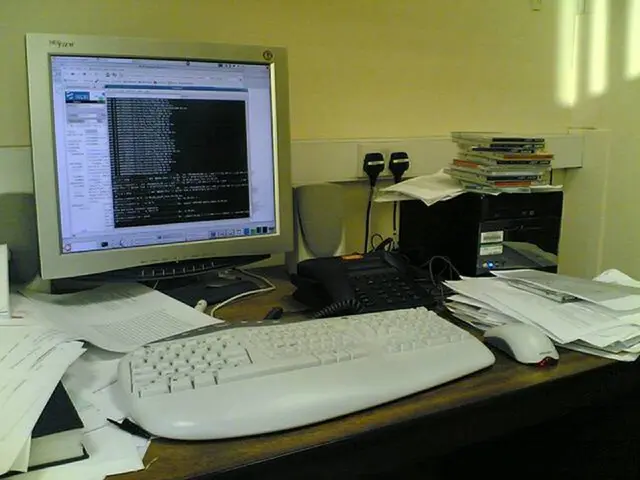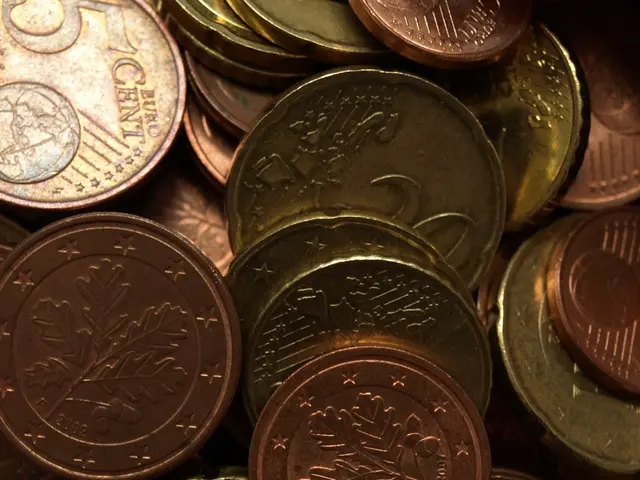The Art of Constructive Procrastination: Turning Procrastination into Productivity
Intelligent delay: 5 justifications for postponing tasks
We've all been there. A demanding task looms over us, and instead of diving in, we find ourselves scrolling through social media or binge-watching our favorite shows. But what if we told you that procrastination doesn't always have to be a sign of laziness or lack of self-discipline? Meet Constructive Procrastination – a strategy that turns procrastination into a productive force.
In the world of work and life satisfaction, author Tracy Brower, a sociologist, has shed light on this intriguing concept. She explains in US business magazine "Fast Company" that procrastination, when executed thoughtfully, can have its benefits. Here are her insights:
- Give Your Brain a Chance to Think
When faced with a challenging task, take a moment to consider it from different angles, test solutions, and visualize the results. After you’ve jazzed up those ideas, it's time to refine them and dive in.
- Tackle Small Tasks First
Tackle smaller tasks like a quick email or making a phone call. Wasting time on unproductive distractions becomes productive procrastination when you're clearing your mental clutter and making space for the important things.
- Create Positive Urgency
The feeling of time pressure can help you stay focused and work efficiently. Perceiving tasks as important and urgent can act as powerful motivation to get things done. Procrastination can even help create positive pressure to push you to finish tasks.
- Seek Out More Information
Slow starts can also mean collecting more information or consulting experts. "Take time to research, learn, and broaden your perspective," Brower advises, as this can only improve your results.
- Make Room for Inspiration
If the spark for your project seems elusive, taking a break to be inspired elsewhere can help. Listen to music, do something enjoyable, or play with the kids. Even a walk can stimulate creative thinking. Research shows that a walk can positively affect both the number and originality of ideas.
So, while the task still needs to be done, approaching it through constructive procrastination can lead to a more productive, less stressful work environment. But remember, procrastination should never be an excuse for avoidance or laziness.
The Science of Constructive Procrastination
Known as Structured Procrastination, this concept was first popularized by Stanford philosopher John Perry. It is a strategy that redirects procrastination impulses towards productive tasks instead of avoiding critical tasks. By channeling your inner procrastinator, you can turn your procrastination habits into a secret productivity weapon, increasing creativity, reducing anxiety, and improving time management skills[1][4].
Leveraging constructive procrastination involves identifying urgent vs. important tasks and setting clear goals. Mindfulness can also play a crucial role in managing procrastination impulses effectively[1]. With structured procrastination, you turn a common productivity obstacle into a tool that propels your work to new heights.
[1] Tomaschoff, K. L. (2010). Structured procrastination and moral foundations. Philosophy Compass, 5(6), 549–555.[4] Scholle, J. M., & Sansone, C. (2011). Procrastination and the benefits of structured procrastination. Psychology of Popular Media Culture, 3(2-3), 179–193.
In the realm of work and life, constructive procrastination can be a secret weapon for improving productivity, creativity, and time management. By adopting the Structured Procrastination strategy, first popularized by Stanford philosopher John Perry, one can redirect procrastination tendencies towards home-and-garden activities, sustainable-living practices, or even indulging in leisurely lifestyle pursuits, while simultaneously tackling important tasks. This approach not only helps in reducing anxiety but also allows for a more holistic balance between work and relaxation.








